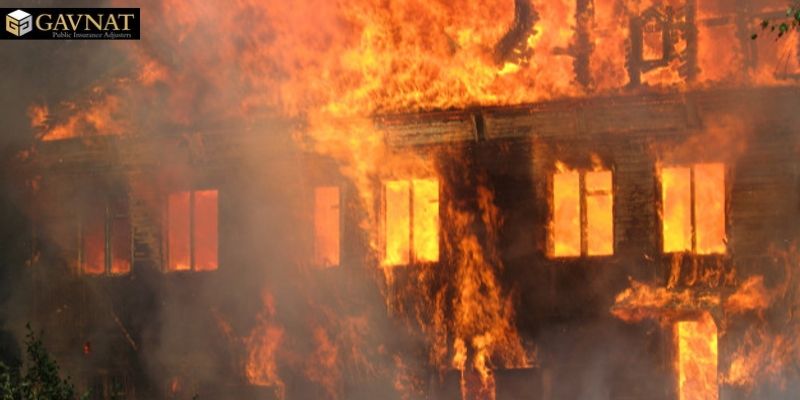
When a fire strikes your property it can be devastating. You are emotionally shattered and left picking up the pieces. Plus, it’s likely that you’ve got to help family cope with such a traumatic event– it’s such a stressful time. When fire damage happens, a public adjuster can be a lifesaver.
After fire damage occurs, a public adjuster can take care of the hassles of paperwork and documentation, helping you deal with your insurance company. An adjuster will arrange for an inspection of your damaged property and will question your insurance company if the company refuses to pay. If the fire was small and you feel you can handle proceedings, then you probably don’t need an adjuster’s services. However, if the fire was big, you should consider utilizing the services of a public adjuster.
A public adjuster will be of great help because an insurance adjuster works on behalf of the insurance company and will try to protect the company’s bottom line. He or she will focus all their energies in keeping the sum to be handed out to you to be as little as possible. A public adjuster, who is fighting on your behalf, can come in and take charge. He or she can present your case convincingly with all the knowledge and expertise he or she has gained from working in the insurance industry. Tactfully, your adjuster will work to get you excellent compensation. He or she will handle:
- Damage estimation
- Inventory filing
- Property gauging
- Policy preparedness
- Negotiation claims with the insurance company
Furthermore, your public adjuster will:
1. Analyze and assess the damages to your home… taking into account things like scorched walls, burnt floors and soot and ash, as well as potential water damage costs and health hazard remediation costs.
2. Present your case exceedingly well to the insurance company.
3. Appoint an independent investigator (if needed) to look into the claims and convince the company that the fire started on its own… and you had no hand in the fire.
4. Pursue your claim process so you can get back to your normal life without so much stress and worry.
5. Arrange for a survey of the damage to be done, estimate the cost(s) involved and present a complex claim that will force the insurance company to take notice of your claim.
6. Keep track of the many phone calls between you and the insurance company, as well as attend necessary meetings.